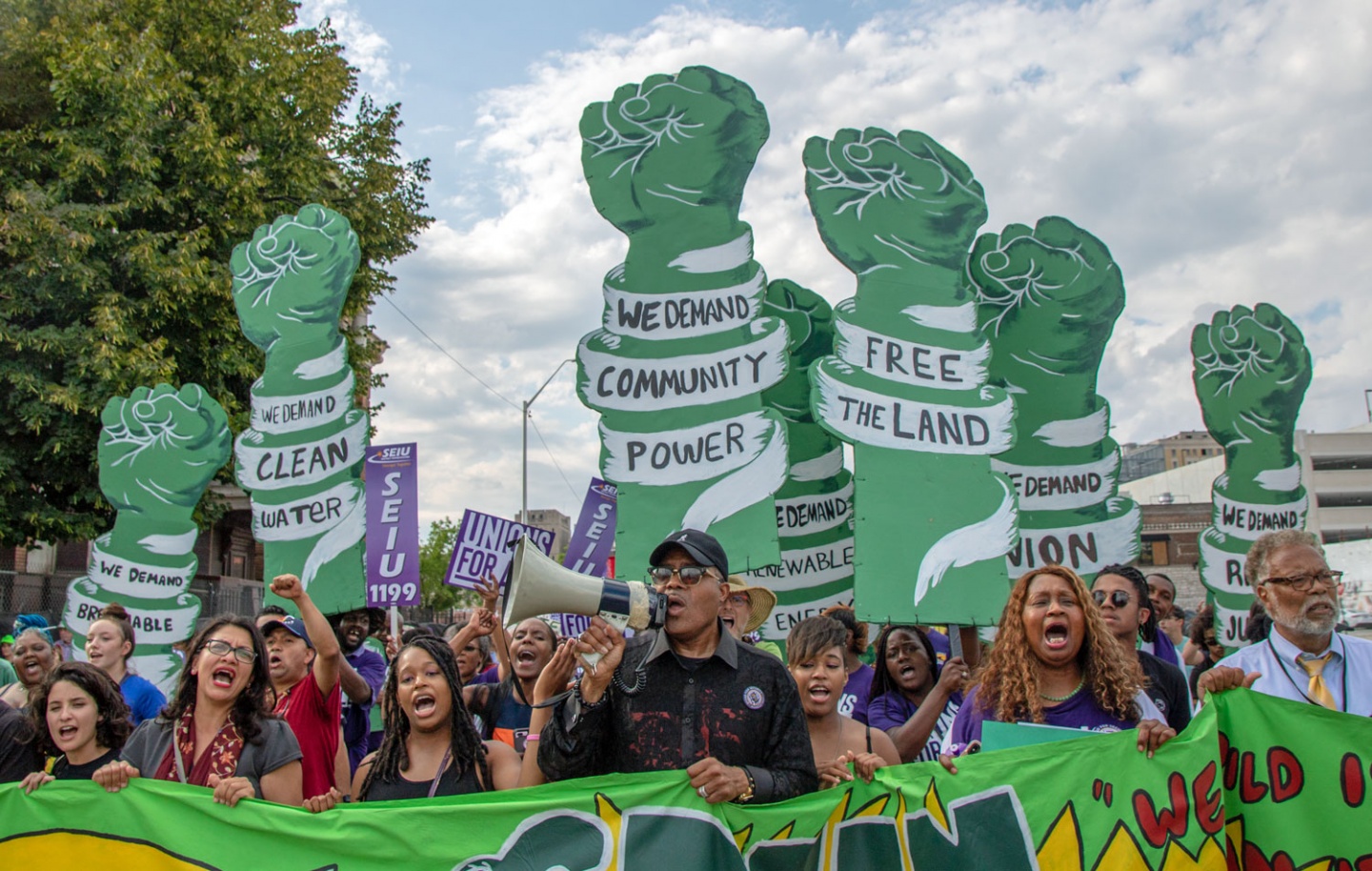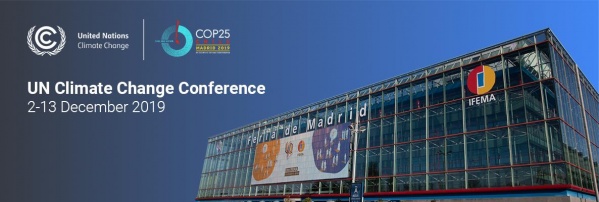1 December, 2019The 25th Conference of the Parties to the United Nations Framework Convention on Climate Change, better known as COP25, will be held in Madrid Spain, December 2-13 2019.
What does IndustriALL Global Union hope will be achieved there?
COP21, held in Paris in 2015, achieved the Paris Agreement on climate change. The mechanism by which the world agreed to try to limit global warming to less than 1.5 Celsius degrees was Nationally Determined Contributions (NDCs). Initial NDCs were set in 2015 and are to be reviewed every 5 years; therefore they will be reviewed at COP26, to be held in 2020.
COP 22, 23, and 24 could be considered the conferences at which many of the detailed implementation rules governing the Paris Agreement were hammered out. Particularly important to the trade union movement was COP24 last year in Katowice, Poland, which resulted in a so-called Katowice rule-book, and at which the Silesia Declaration on Just Transition was adopted. Just Transition already appears in the Paris Agreement, but the Silesia Declaration was a very important step forward in winning the commitment of all Parties to considering the impact of climate change measures on working people, their families, and the communities and cultures that depend on them.
There remain some ground rules to be negotiated, particularly those governing a global emissions trading scheme, and finance arrangements for (particularly) the world's least developed countries to deal with the climate emergency. However, this year’s COP25 could be considered the conference at which the emphasis will shift from designing a framework to facilitating its implementation.
Importantly, the data that countries will report next year, for example, will determine how much the NDC ambition will need to be increased to meet the Paris Agreement goals.
There is no doubt that the present level of commitments in NDCs is inadequate. Therefore, member states will agree to a revised and more ambitious set of NDCs in 2020 at COP26. That is why the labour movement is focused this year on pressuring the parties to integrate the language of Just Transition into their revised NDCs. This would give us much greater power to insist on Just Transition measures in national discussions. Closely related to this effort will be a push to get parties to sign on to the “Climate Action for Jobs” initiative announced at the United Nations Climate Summit held in September of this year.
As was discussed at IndustriALL's recent executive committee meeting, there are many positive signs. Just Transition is now a mainstream talking point. The ILO has engaged in the climate debate in a more effective way. Several good examples of Just Transition programmes now exist around the world.
However big challenges await many of IndustriALL's affiliates. There is no doubt that there is a climate crisis and there is no doubt that serious corrective and adaptive actions need to be taken, and soon. On 28th November, the European Parliament correctly declared a climate emergency. The labour movement's task is to ensure that workers are not simply cast aside in the process.
Valter Sanches, IndustriALL's general secretary, stated:
“Renewable energy sources are getting cheaper and more competitive, which is a good thing. However we’re seeing a massive wave of closures of coal mine sites all over the world with no proper reconversion for companies, jobs and the communities. Left to the so-called free market, workers are paying for climate solutions with the destruction of their jobs and their communities.
"There must be a future for people, as well as the planet - an optimistic future, a future that workers will want to embrace. That's what a Just Transition is all about.”
Brian Kohler will be reporting from COP25 in Madrid with short summaries of the events. Watch for them here.
- Photo: Becker1999

